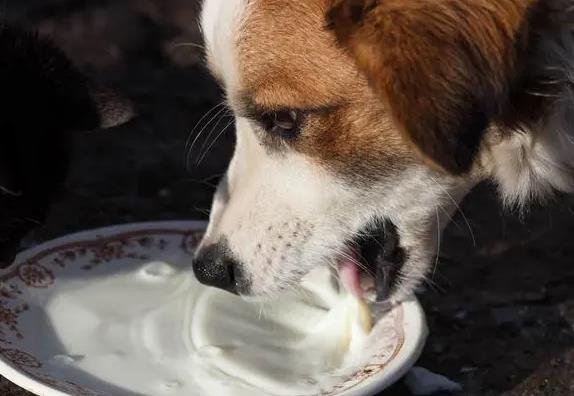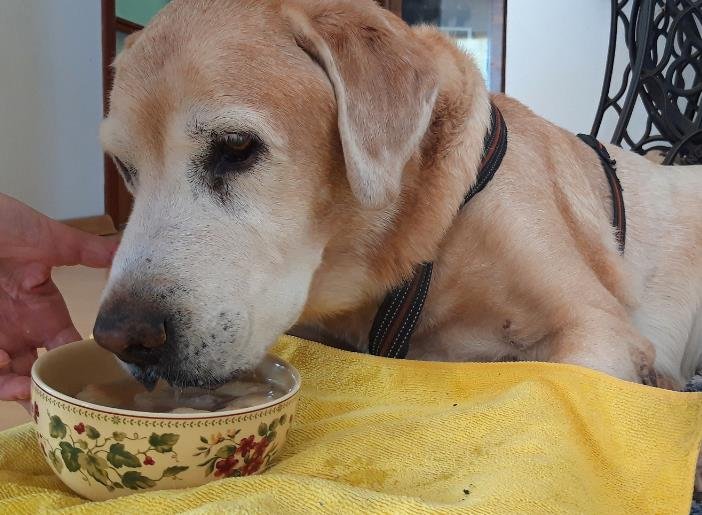Can Dogs Safely Consume Sour Cream?
While sour cream isn’t toxic to dogs, it’s not an ideal food for them. Here’s what pet owners should know:
1. Lactose Content:
– Many dogs are lactose intolerant, which can lead to digestive issues.
– Sour cream contains less lactose than milk, but can still cause problems for some dogs.
2. Fat Content:
– Sour cream is high in fat, which can lead to:
– Obesity if consumed regularly
– Increased risk of pancreatitis, especially in susceptible dogs
3. Potential Benefits:
– Some sour cream contains probiotics, which may support digestive health.
– It provides small amounts of calcium and vitamin A.
4. Serving Considerations:
– If offered, it should only be in very small amounts as an occasional treat.
– Recommended portion sizes:
– Small dogs: Up to 1 teaspoon
– Medium dogs: Up to 1 tablespoon
– Large dogs: Up to 2 tablespoons
– Frequency: No more than once a week, if at all
5. Signs of Intolerance or Allergy:
– Watch for symptoms like diarrhea, vomiting, gas, bloating, or skin irritations.

6. Alternatives:
– Healthier options include plain yogurt, cottage cheese, pumpkin puree, or unsweetened applesauce.
7. Introducing Sour Cream:
– Start with a very small amount and monitor your dog’s reaction.
– Gradually increase the amount if no adverse effects are observed.
8. When to Avoid:
– Dogs with known lactose intolerance, obesity, or pancreatitis should avoid sour cream.
– Flavored sour cream may contain harmful ingredients and should never be given to dogs.
9. Veterinary Guidance:
– Always consult with a veterinarian before introducing new foods to your dog’s diet.
– Seek immediate veterinary care if your dog shows persistent or severe reactions after consuming sour cream.
In conclusion, while small amounts of plain sour cream are unlikely to cause serious harm to most dogs, it’s not a recommended or necessary addition to their diet. Pet owners should prioritize foods and treats specifically formulated for canine nutritional needs and health.




